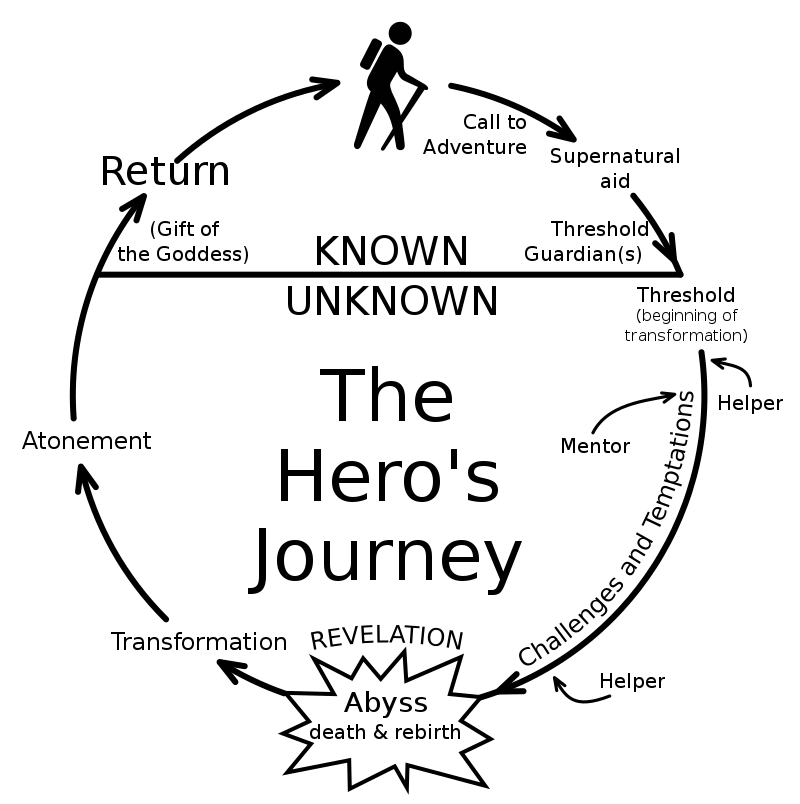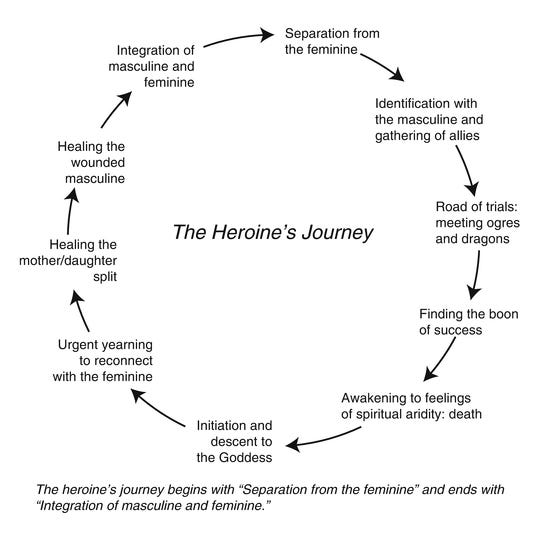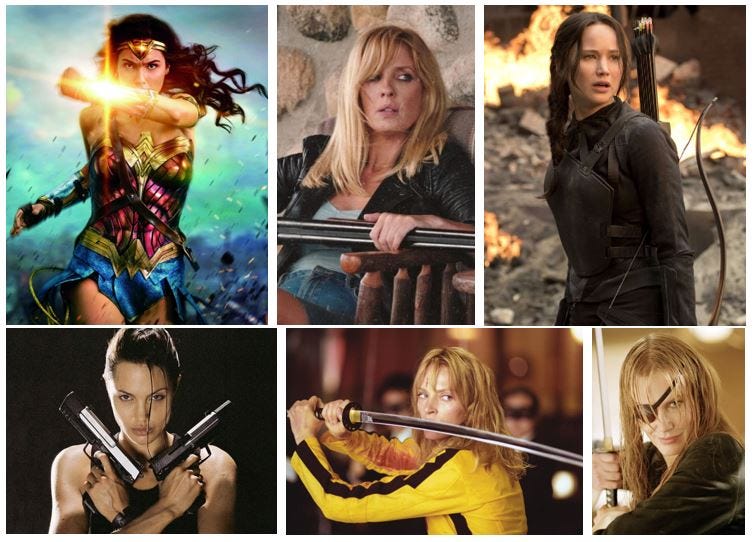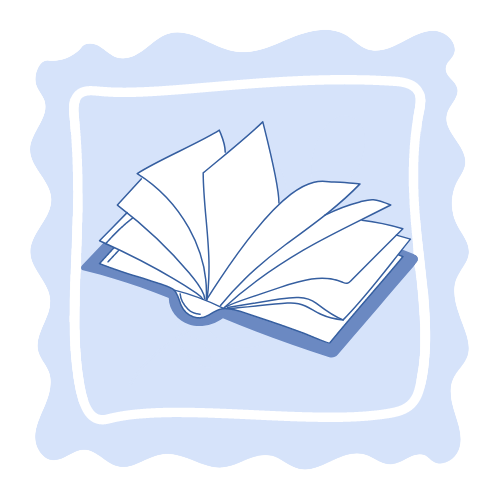The One Where I Womansplain Men’s Lit.
I paid good money in college to think like a man, now I want out...
Having earned a degree in English and minor in Philosophy from the University of Oregon, I spent years studying Shakespeare, Faulkner, Hemingway, Tolstoy, Plato, Kant, Tenneson. I took an entire class on Henry David Thoreau and another on Sigmund Freud.
Sometimes a professor would assign Emily Dickens, Virgina Woolf or Toni Morrison, but for the most part my education was largely dominated by men. Why does this matter?
Because It Taught Me To Think Like A Man
As a writer I tend to, by default, start stories with white male protagonists. Then I have to bend my brain and consider how writing from a woman’s point of view would be better. Isn’t that strange? As I am, in fact, a self-identifying woman.
But I grew up on Indiana Jones, Tarzan, Jack London, The Hatchet by Gary Paulsen. My shelves still bow under modern greats like Anthony Doerr, Kevin Barry, and George Saunders. Are you seeing a pattern? I certainly am.
Out From Under the Male Gaze
When I set out to write my first novel about Euro-Americans colonizing the Lake Tahoe region, I’d fallen woefully victim to my lifetime’s education in Men’s Literature. Great writing, I’d been told, was filled with action-adventure, epic revenges and clever hoodwinks.
Even today’s Hollywood touts strong female leads who are just wolves in sheepskin. See Marvel’s Wonder Woman, Beth Dutton in Yellowstone (or my god, her poor angry mother), Katniss Everdeen in The Hunger Games, anyone played by Angelina Jolie, the women in Kill Bill…
These are simply badass women playing the hero’s role. There is nothing feminine about their journey. Putting a woman in a man’s role and moving her through the world using physical prowess and closed-off emotions does not equate to strong female leads. That’s just a hero with boobs, nothing more.
Learning to Unlearn Who My Heroes Are
In my 20s, I never liked reading Emily Dickens or Virginia Woolf because I found their writing too internal, existential, dare I say, too emotional in a way that did not fit the idols I’d grown to love through my Men’s Literature classes. A few years ago, I was at a concert where The Rainbow Girls played their song No Girls Allowed and it turned a lightbulb on. Take a listen:
Of course, great female musicians, artists, writers, and leaders existed when we were growing up. But where were they? Not in my Men’s Literature classes. Not in my high school history books. Maybe Joni Mitchell and No Doubt snuck into the lineup every tenth song, but representation was definitely not equal.
Which is why I’m grateful for the Taylor Swifts, Roxanne Gays, and Kamala Harrises of the world because representation does matter. Women and young people are growing up today seeing more genuine female leaders than I did, and that is influencing all of our worldviews. It’s changing the idea of what is normal.

Meanwhile, I’ve been clawing against myself trying to fit my writing into the Hero’s Journey mold when I actually want to write about The Heroine’s Journey. When my book Undercut is published, you will still find my early obsession with action-adventure (the classic Hero’s Journey). But I hope you’ll also find a counterbalance: a more internal struggle about how to heal our more feminine natures.
I can tell you for certain that my next project will explore what humanity needs to actually heal. Can healing be as entertaining as an overly drawn-out chase scene where one rogue man without needs or feelings can solve all problems with his charm, chiseled abs and a gratuitous 20-minute car chase full of inexplicable explosions?
(Yes, a story about healing the masculine/feminine split can be just as entertaining. Give me a few years and I’ll prove it…)
Investing In The Heroine’s Journey
The Hero’s Journey was created by Joseph Campbell in the 1950s based on patterns he identified from various myths from around the world.

When a student, Maureen Murdock, asked him in 1981 about where the woman fits in, she was “surprised when he responded that women don’t need to make the journey.” Campbell said:
“In the whole mythological tradition, the women are there. All she has to do is to realize that she’s the place that people are trying to get to. When a woman realizes what her wonderful character is, she’s not going to get messed up with the notion of being pseudo-male.”
Here’s Murdock’s response to that, as written in the intro to her book The Heroine’s Journey: Woman’s Quest for Wholeness:
“This answer stunned me; I found it deeply unsatisfying. The women I know and work with do not want to be there, the place that people are trying to get to. They do not want to embody Penelope, waiting patiently, endlessly weaving and unweaving. They do not want to be handmaidens of the dominant male culture, giving service to the gods. They do not want to follow the advice of fundamentalist preachers and return to the home. They need a new model that understands who and what a woman is.”

Eyes Wide Open
I refuse to continue looking through the world through the male gaze (which I spent good money in college learning how to do). Finally, I’m starting to realize whose voices I actually want influencing me and it’s definitely women. I want more women in my life, literature, music, and the presidency!
In a way, it feels like breaking out of a religion—where suddenly you realize the doctrine you’ve been taught might not be the whole truth. Or at least not your whole truth.
So do me a favor: look on your bookshelves, playlists, media outlets. Whose voices are influencing you? How is their upbringing influencing your worldview? Can you even tell it’s happening? I couldn’t for a long time. Now I’m trying to break through.
Media has perpetuated the Hero’s Journey long enough. In reality what we need, what I need, is more Heroine’s Journeys to guide me. I want the ending of stories to help me find a balance between my broken inner feminine and my own dominating masculine tendencies.
In a world being split by hate and violence, finding and healing our inner masculine and feminine is exactly what we need. And stories can help. As a writer, I’m excited to explore how storytelling can heal our wounded masculine selves and integrate our inner feminine.
I suppose this newsletter is where I’ll tell you how that goes!
Current Book Update:
I’ve sent queries to 24 agents and have gotten 12 rejections. BUT! We do not give up. As always, thanks so much for reading.







Another insightful, as well as presenting a challenge for all of us, article! Thanks Meghan! You always leave me thinking!
Loved this. Agree 100%. I interacts of women writers who generally don’t read men authors anymore simply because we’ve got so much catching up to do of all the women writers we haven’t read.